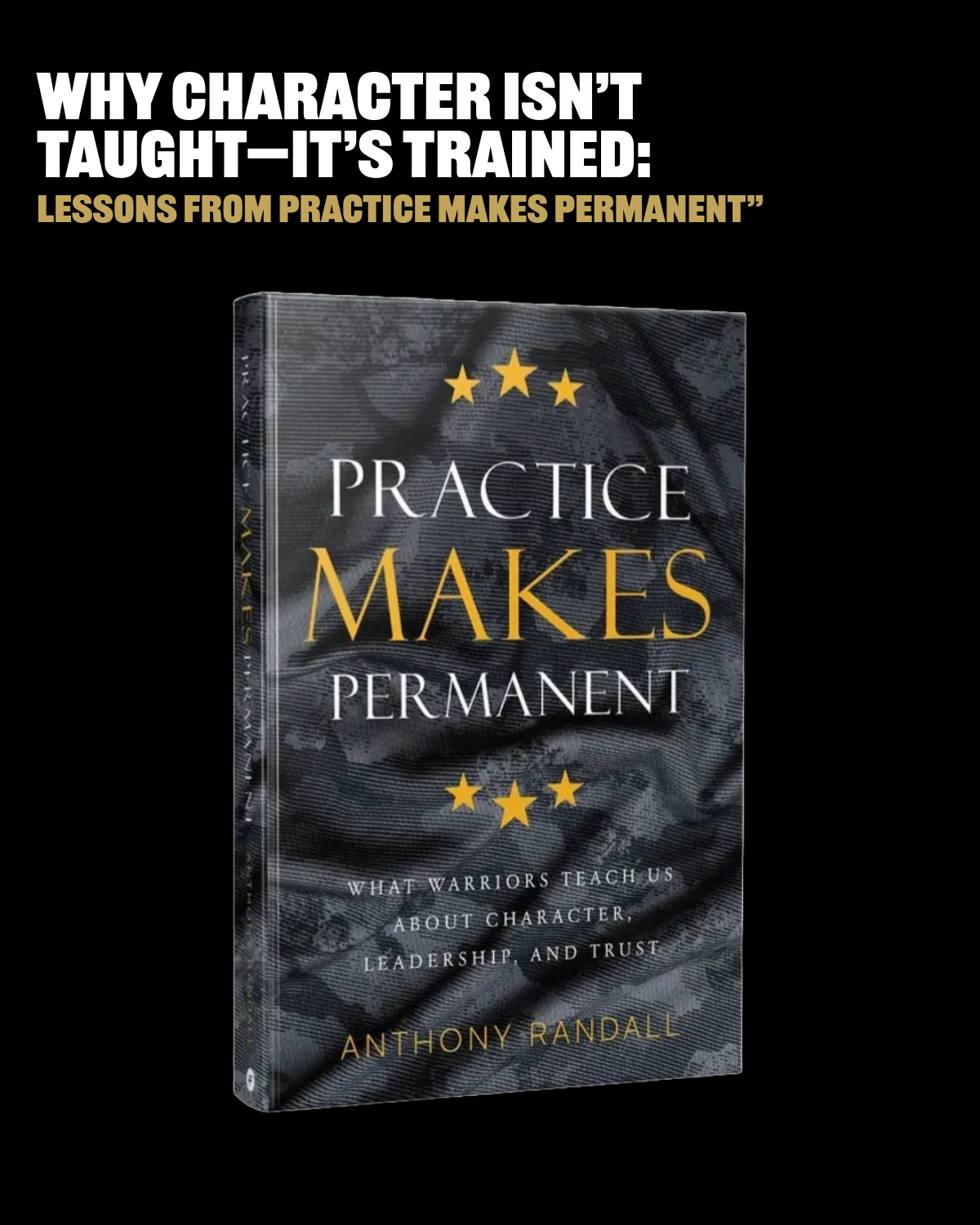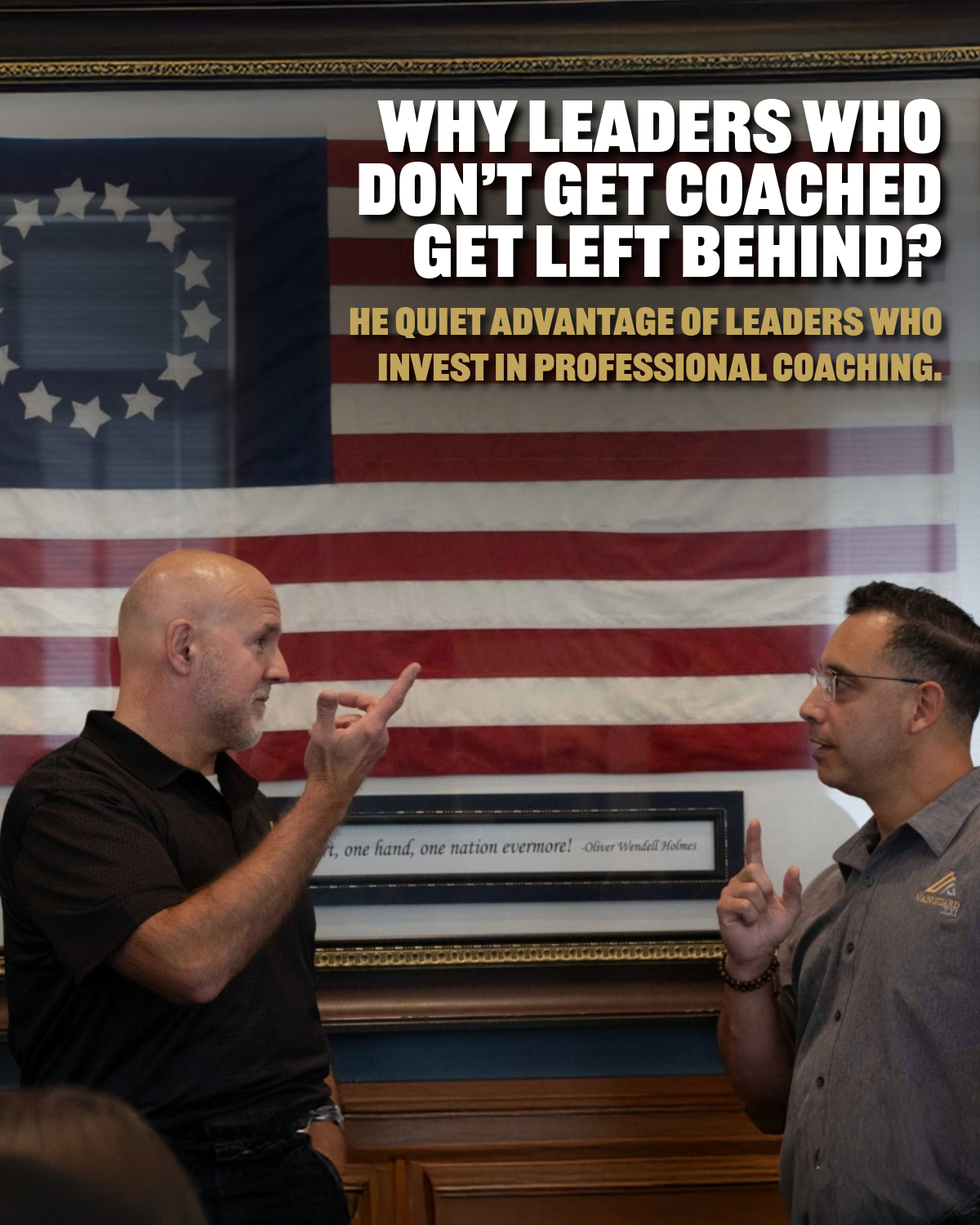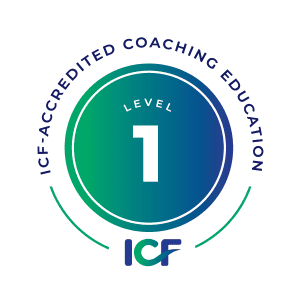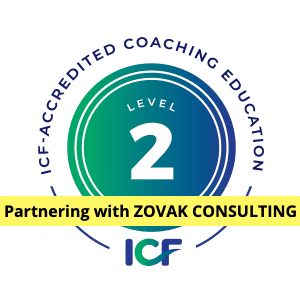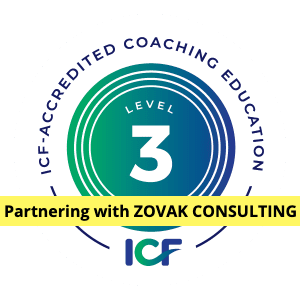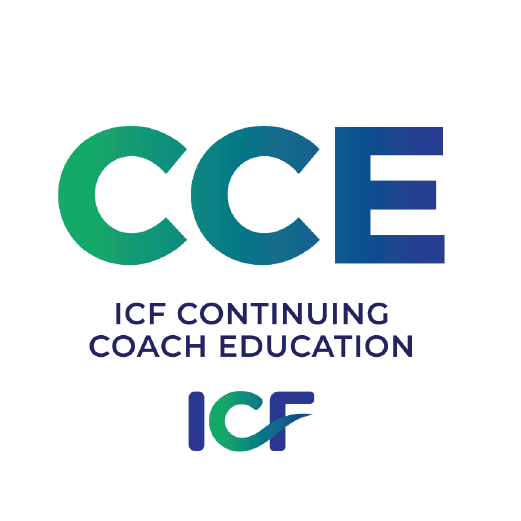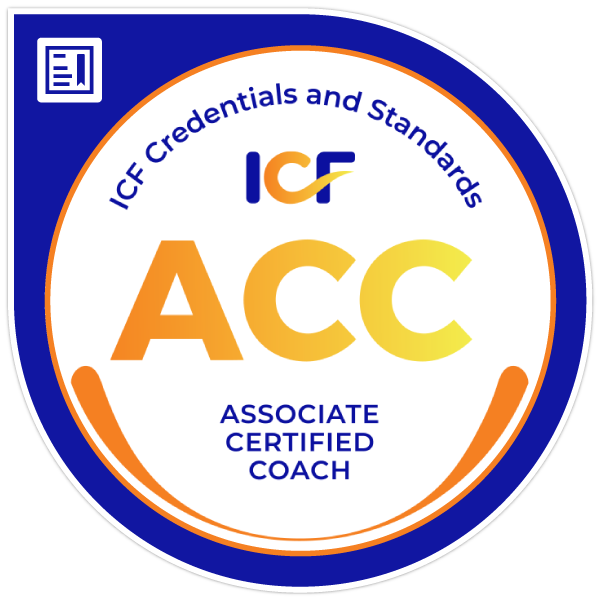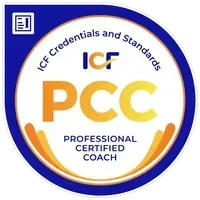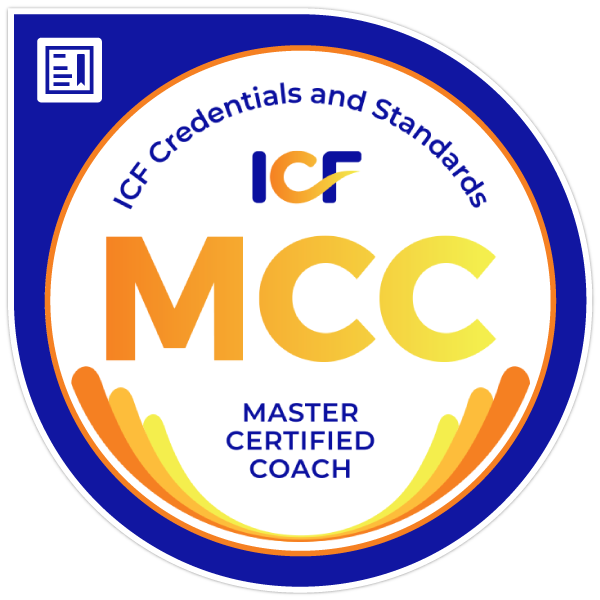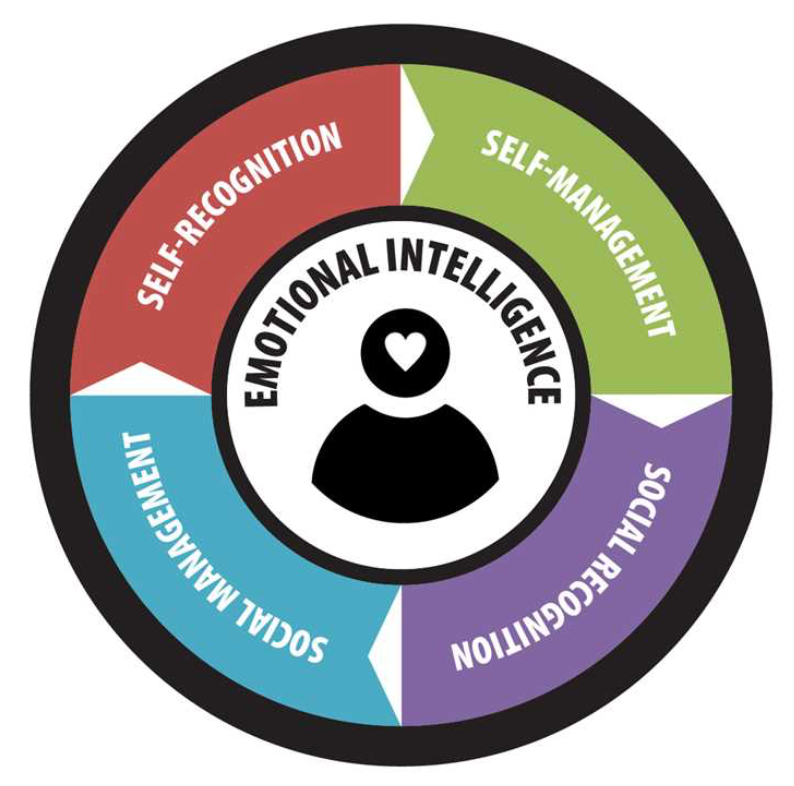Breaking Down the VPCC: Your Path to ICF-Level 1 Certification
In today’s dynamic professional landscape, organizations and leaders are seeking morn just technical expertise—they want transformational influence. The Vanguard Professional Coaching Certification (VPCC) is our signature ICF (International Coaching Federation) Level 1 (ACC-path) coaching course, designed to empower leaders at any level to elevate their impact through professional coaching.
What Is the VPCC?
A foundational Leadership Development and ICF Level 1 coaching course offered in two formats:
- 61-hour executive track
- 80-hour comprehensive track, aligned with Army credentialing requirements
Delivers the targeted 60 (or 80) coach education hours by aligning with the 8 Core Competencies outlined by the International Coaching Federation.
Who Is It For?
Designed for anyone committed to leadership growth—whether corporate leaders, HR professionals, military officers, coaches, consultants, or entrepreneurs.
Ideal for those seeking to coach professionally or introduce coaching cultures within their organizations.
What You’ll Gain
ICF Credentialing Pathway
The VPCC is an ICF Level 1, 80-hour program that meets the requirements for participants to pursue the ICF Associate Certified Coach (ACC) credential and the Board Certified Coach (BCC) credential.
Comprehensive Coaching Training
Learn and apply the Vanguard XXI 5-Step Coaching Model while mastering ICF Coaching Competencies and Ethical Standards to become a highly effective professional coach.
Flexible Learning Format
The course includes virtual and in-person instruction, making it accessible to professionals from different industries and locations.
Holistic Leadership Development
Participants grow as transformational leaders using David Kolb’s Experiential Learning Cycle, ensuring deep learning through real-world experiences, reflection, and hands-on application.
Mentor Coaching for ICF Credentialing
Includes 10 hours of mentor coaching to refine coaching techniques and ensure participants are prepared for the ICF ACC credentialing process.
Practice Makes Permanent
Participants will have the opportunity to practice the ICF coaching competencies and the Vanguard XXI coaching model through several coaching triads during the course.
Course Overview & Discounts
Upcoming Cohorts (Columbus, GA):
Sep 15–19, 2025 (VPCC 3‑25)
Nov 3–7, 2025 (VPCC 4‑25)
Discounts:
Early Bird 1 (90 Days Out) – 10% off
Early Bird 2 (60 Days Out) – 5% off
UM/FUM/VUM – 10% off
Buddy Discount (register together with three or more) – 10% off
Why Choose the VPCC?
Accredited by ICF and approved for Army Credentialing Assistance, including PDSI A3B/A4B credits.
Delivered from a world-class leadership environment at the National Infantry Museum—rich with historical and strategic resonance.
Supported by seasoned facilitators, including leaders like Dr. Anthony Randall, Dr. Phil McKinney II, Dr. Kim Zovak, Court Whitman, Mike Rauhut, and Brett Funck (all PCC/MCC level coaches), who will guide you through deep experiential learning.
Join the VPCC Community
Transform your leadership, build critical coaching competencies, and drive organizational impact.
👉 Request a free consultation or register today!
https://www.vanguardxxi.com/vpcc
Invest in your leadership—become the coach and catalyst your organization needs.
